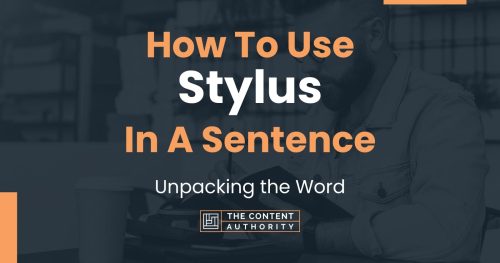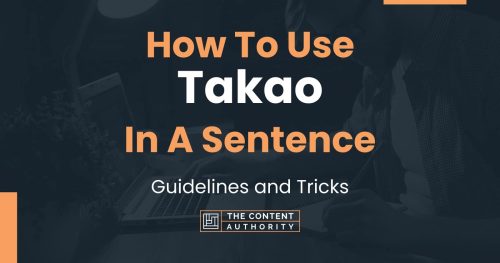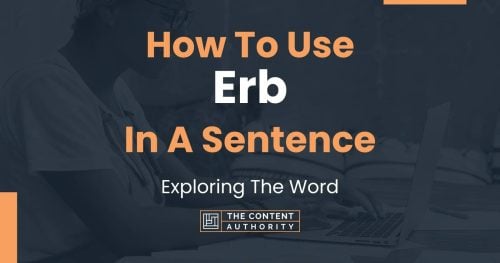Word Usage

Word Usage is a dynamic and essential aspect of language that involves the correct and effective application of words in various contexts. This category delves into the intricate world of choosing the right words to convey precise meanings, focusing on the nuances that distinguish similar words and phrases. Whether you’re looking to discern between commonly confused words, or you want to master the art of using specific terms correctly, the Word Usage category is your comprehensive guide. It’s designed not just for those new to the language, but also for seasoned writers and speakers who aim to refine their command of nuanced expression.
This category includes detailed word comparisons, which are invaluable for understanding subtle differences in meaning, connotation, and usage. These comparisons provide clarity on when and how to use specific words, greatly enhancing the accuracy and impact of your communication. Additionally, the category offers practical examples and guidelines on how to use various terms in sentences. This hands-on approach helps in internalizing the correct usage, ensuring that you can apply these learnings in real-life communication scenarios.
For anyone looking to sharpen their linguistic precision, the Word Usage category stands as a crucial resource. It’s not just about avoiding errors; it’s about enriching your language skills to express yourself more effectively and confidently. Our resources are designed to be accessible and engaging, making the journey of mastering word usage both enjoyable and educational. From everyday conversation to professional writing, the skills learned here will serve as a valuable asset in all your linguistic endeavors.
Frequently Asked Questions
Who vs Whom: When do I use each one?
“Who” and “whom” are often confused, but the key to using them correctly lies in understanding their role in a sentence. “Who” is used as a subject or subject complement in a sentence, similar to he, she, or they. For example, “Who is coming to the party?” Here, “who” is the subject of the verb “is coming.”
On the other hand, “whom” is used as the object of a verb or preposition, similar to him, her, or them. For instance, “To whom should I address the letter?” Here, “whom” is the object of the preposition “to.” A simple trick to decide between the two is to try substituting “who” with “he/she/they” and “whom” with “him/her/them.” If the sentence still makes sense, you’re using the right word.
Learn More: Who vs Whom
Which vs That: Which one to use and when?
“Which” and “that” are relative pronouns used to introduce dependent clauses, but their usage depends on the type of clause. “That” is used in restrictive clauses, which are essential to the meaning of a sentence. For example, “The book that I borrowed was excellent.” The clause “that I borrowed” specifies which book and is essential to understanding the sentence.
“Which,” on the other hand, introduces non-restrictive clauses, which add extra information but aren’t essential to the sentence’s meaning. For example, “The book, which I borrowed from the library, was excellent.” The clause “which I borrowed from the library” adds extra information, but the sentence would be clear without it. Remember, non-restrictive clauses are usually set off by commas.
Learn More: Which vs That
Semicolons vs Colons: When do you use each one?
Semicolons and colons are punctuation marks that are often used interchangeably, but they serve different purposes. A semicolon is used to link two independent clauses that are closely related but could stand as sentences on their own. For example, “I finished the report; I’ll present it tomorrow.” Here, each clause is a complete sentence, but the semicolon shows they are closely related.
A colon, however, is used to introduce a list, a quote, an explanation, or a conclusion. It often signals that what follows is directly related to the preceding clause. For example, “I need the following items: butter, sugar, and flour.” The colon introduces the list that elaborates on the items needed. Remember, the clause before a colon should be a complete sentence.
Learn More: Colon vs Semicolon















